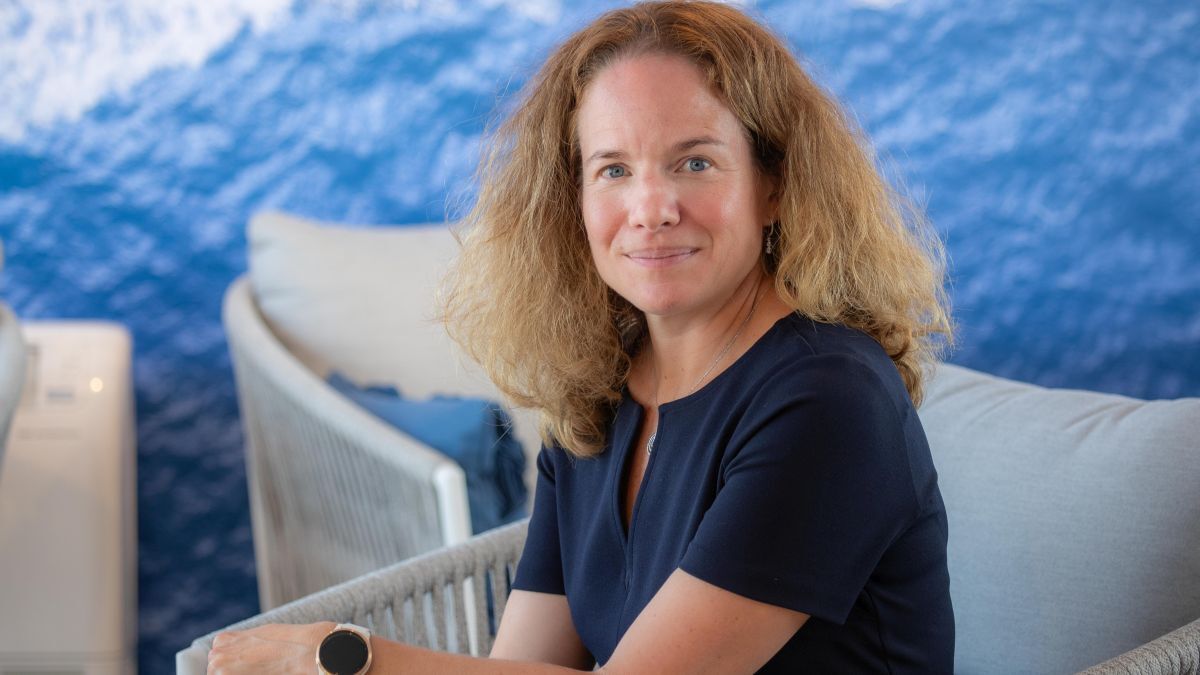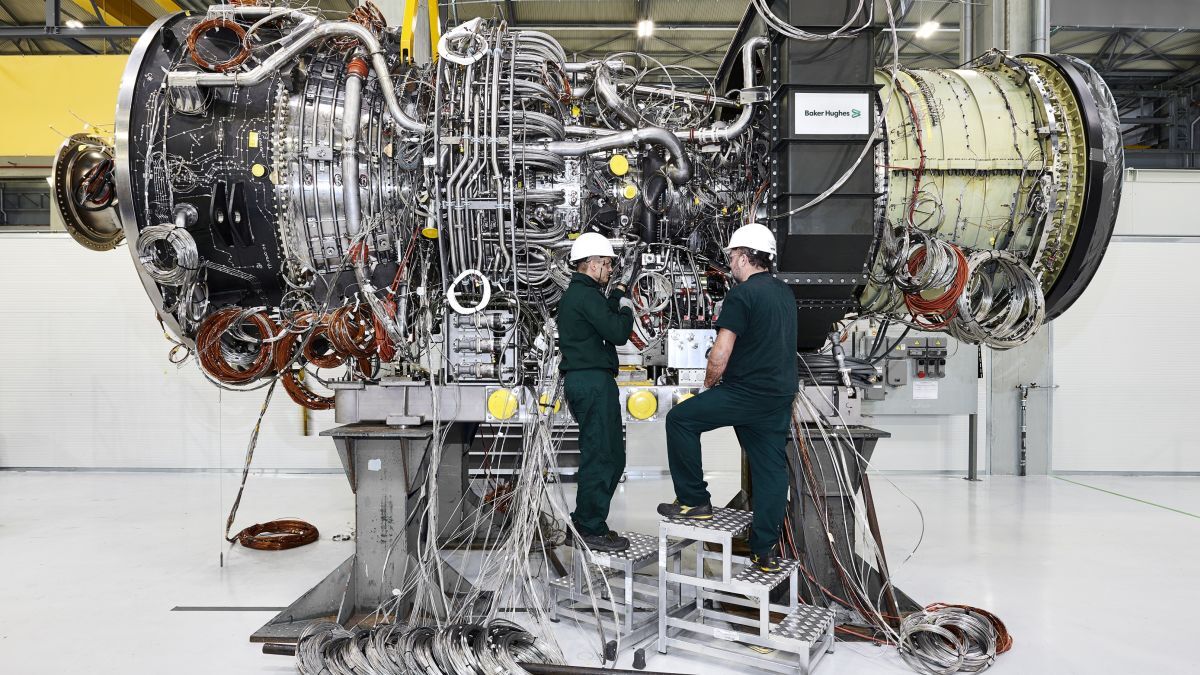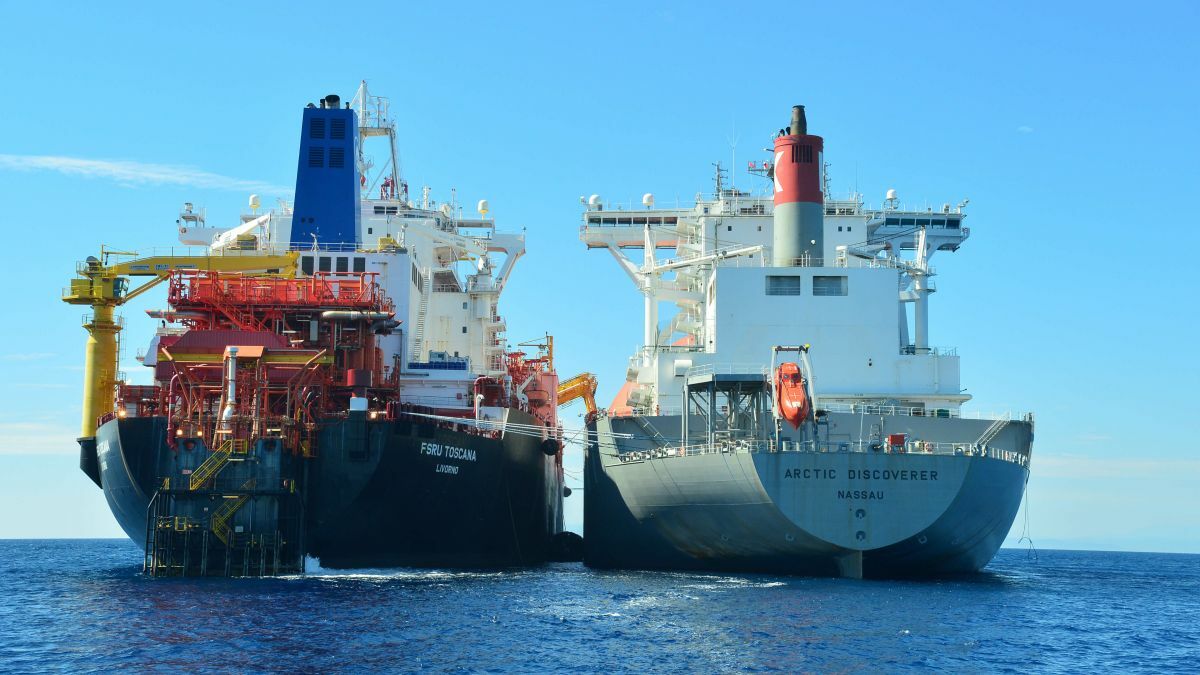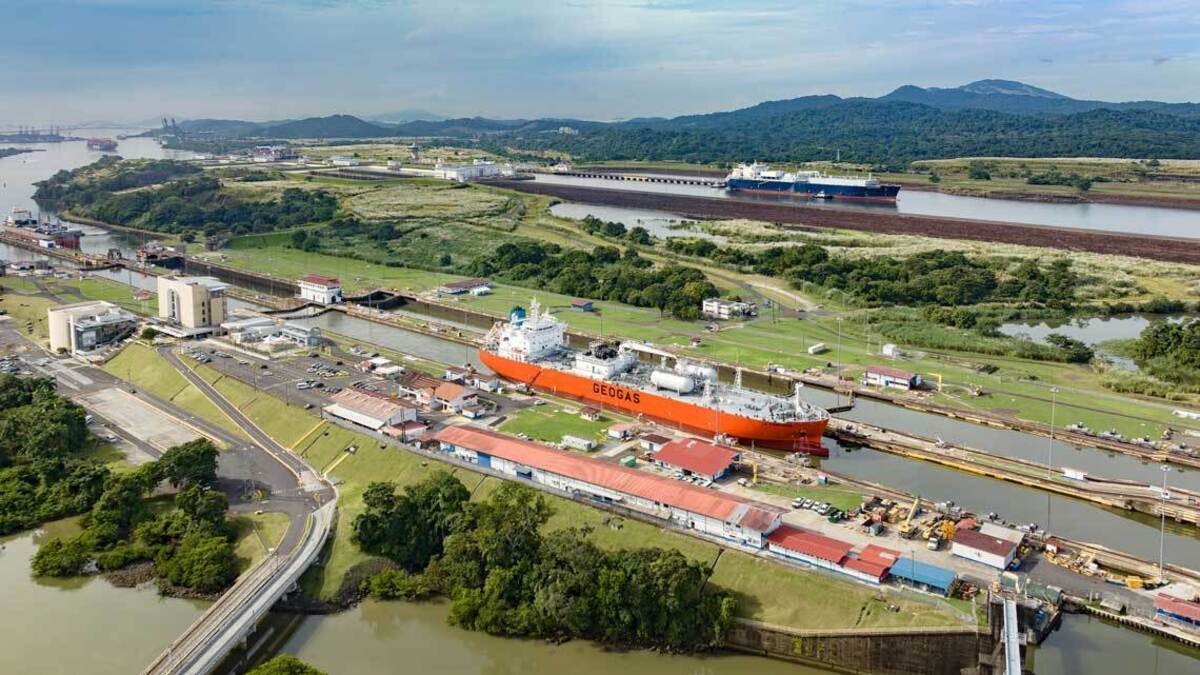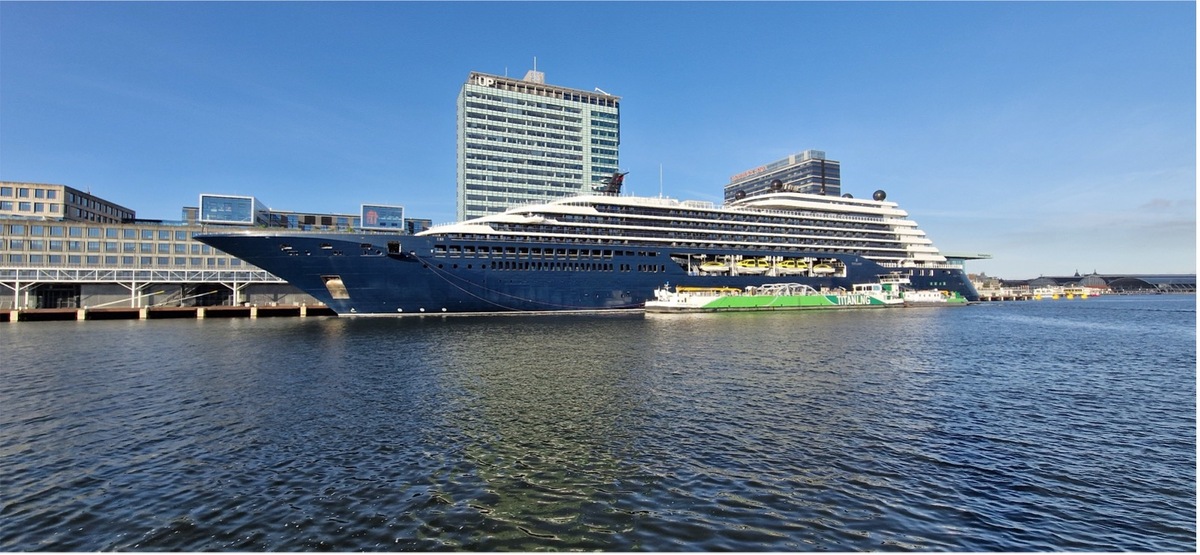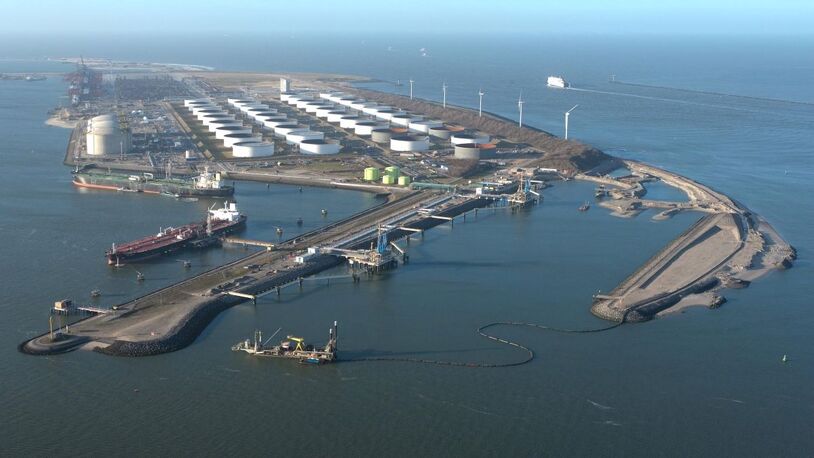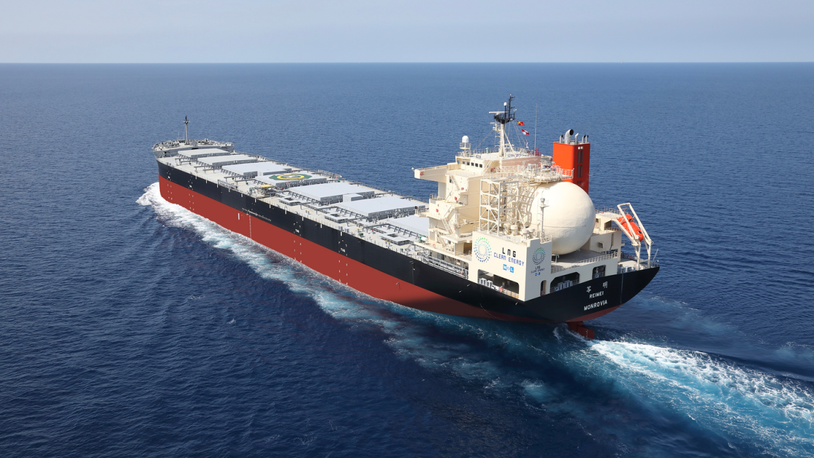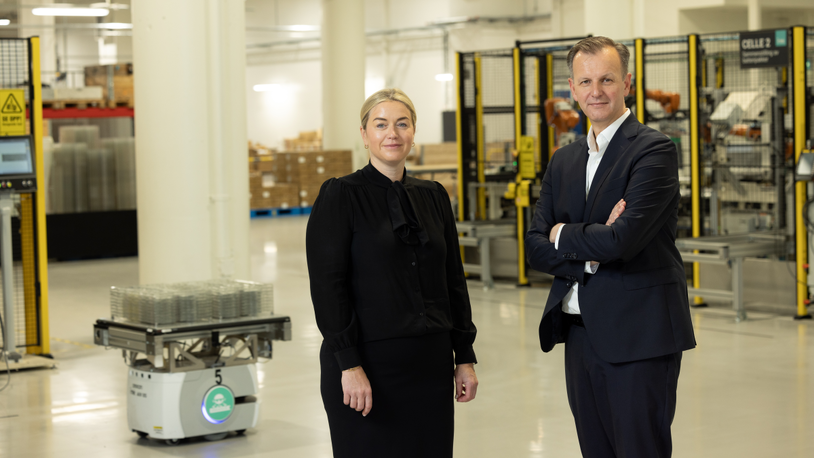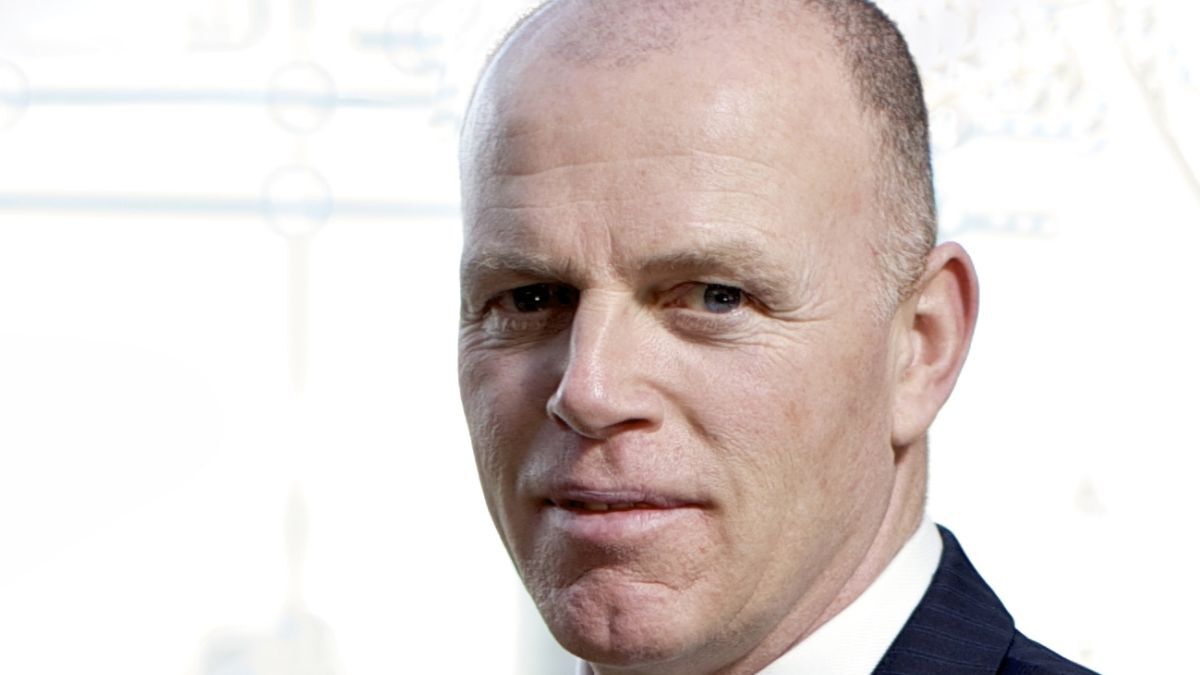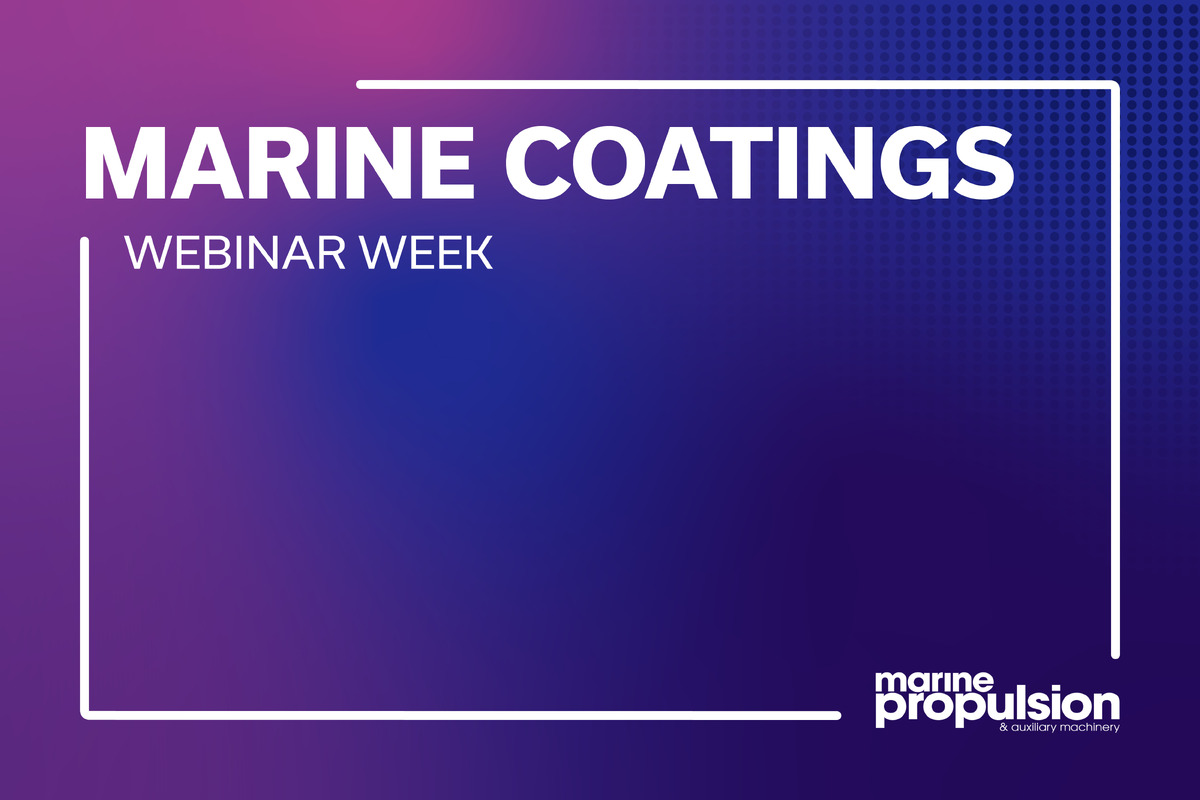Business Sectors
Contents
SMM 2024: Rolls-Royce wants more regulatory support for alternative fuels
Rolls-Royce Power Systems vice president global marine Denise Kurtulus says the business wants more help from governments on investment in viable alternative fuels markets
Rolls-Royce’s mtu business has recently been working on modifying engines to be capable of running on biofuels and complying with International Maritime Organization Tier III emissions regulations – that formed a component of its promotional points at the SMM trade show in Hamburg, Germany.
Rolls-Royce now offers its mtu Series 1163 and 8000 large engines with SCR systems for compliance with emission stage IMO III in all cylinder variants – 16 and 20V – and in the power range between 4,800 and 10,000 kW. The change enables ship operators to sail in designated Emission Control Areas (ECA), for example in the Baltic and North Sea and off the North American coast.
In addition, Rolls-Royce has now approved these mtu engines for operation with sustainable fuels, specifically hydrotreated vegetable oil (HVO), known as renewable diesel. With the approval of mtu Series 1163 and 8000 engines for HVO and other DIN EN15940 fuels, they can replace conventional diesel fuel made from fossil oil without any modifications to the engines.
“There is a lot of interest from many customers in the marine industry who want to improve their carbon footprint, particularly [using] HVO,” Ms Kurtulus said. “Test results on the test bench and in operation at customer sites show a significant reduction in greenhouse gases as well as nitrogen oxide and particulate emissions. With our current and future propulsion solutions for sustainable fuels, we want to be a reliable partner for our customers as a driver of the energy transition."
But, Ms Kurtulus cautions, creating the platforms for use with sustainable marine fuels is an expensive business, and she says the shipping industry’s engine makers need support.
“Because we are taking a big risk,” Ms Kurtulus said.
“At the moment, we are using similar standards in terms of investment [on alternative fuels versus conventional fuels], but it is on top. We have to maintain the diesel technology completely," she said. "So our R&D basically has doubled.”
Ms Kurtulus says the business is creating efficiencies in its approach to alternative fuel-driven platforms. These efficiencies come through the “synergies of the internal combustion engine” but the unified platform does not negate the expense of developing new technological approaches.
“This is why we are also getting a little bit more vocal around [telling governments] ‘don’t leave us alone’. We cannot be the only driver [for the move to alternative fuels],” she says.
“At the moment, there is not a business case [for alternative fuels]. So we need… associations, we need the politicians around the world to provide that regulatory support in order to incentivise alternative fuels.”
Among the alternative fuels Rolls-Royce is working on adapting its platforms for, methanol is currently the prime focus for the company’s efforts.
Ms Kurtulus said mtu is targeting its preparations for methanol-fuelled engines to be completed within two years.
“At the end of the decade, we will be definitely ready, maybe even a little bit earlier, for learning. So, we will be two, three years ahead of the curve in order to learn. Because it’s new. We are discovering things that nobody thought about. There’s so many things that we have to learn about [methanol],” she said.
“We will be ready. The question is, is the ecosystem ready for us?”
And Rolls-Royce Power Systems vice president of global governmental business Knut Müller reiterated the points Ms Kurtulus made, saying, “We are committed to the internal combustion engine. It is not the enemy of the energy transition.”
Saying a viable alternative fuels landscape remains the question, Mr Müller underscored that the business is prepared for multiple fuel scenarios and is continuing to ready itself for methanol.
“We have four fuels [mtu’s internal combustion engine platform] can burn, so it is fine – it’s not going anywhere. We’re also just as committed to methanol as a fuel.”
Riviera’s Maritime Decarbonisation Conference, Europe 2024 will be held in Amsterdam, 24 September 2024. Click here for more information on this industry-leading event.
Related to this Story
Events
LNG Shipping & Terminals Conference 2025
Vessel Optimisation Webinar Week
Marine Coatings Webinar Week
© 2024 Riviera Maritime Media Ltd.


